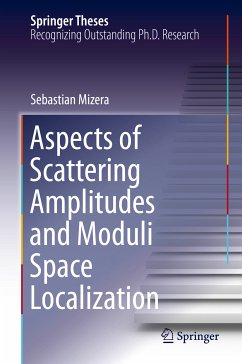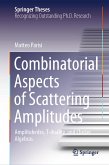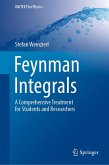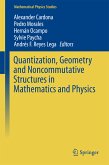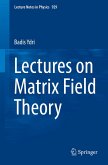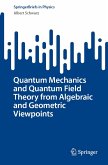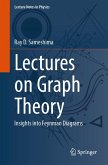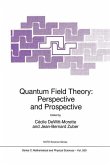After reviewing necessary mathematical background, including topology of moduli spaces of Riemann spheres with punctures and its fundamental group, the definition and properties of intersection numbers are presented. A comprehensive list of applications and relations to other objects is given, including those to scattering amplitudes in open- and closed-string theories. The highlights of the thesis are the results regarding localization properties of intersection numbers in two opposite limits: in the low- and the high-energy expansion.
In order to facilitate efficient computations of intersection numbers the author introduces recursion relations that exploit fibration properties of the moduli space. These are formulated in terms of so-called braid matrices that encode the information of how points braid around each other on the corresponding Riemann surface. Numerous application of this approach are presented for computation of scattering amplitudes in various gauge and gravity theories. This book comes with an extensive appendix that gives a pedagogical introduction to the topic of homologies with coefficients in a local system.
Dieser Download kann aus rechtlichen Gründen nur mit Rechnungsadresse in A, B, BG, CY, CZ, D, DK, EW, E, FIN, F, GR, HR, H, IRL, I, LT, L, LR, M, NL, PL, P, R, S, SLO, SK ausgeliefert werden.
Hinweis: Dieser Artikel kann nur an eine deutsche Lieferadresse ausgeliefert werden.

